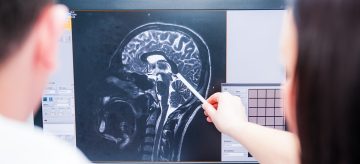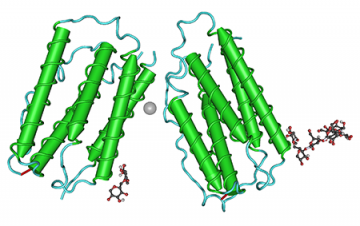Brain & Mental Health
UBC researchers discover how blood vessels protect the brain during inflammation
By dcc2012 | February 21, 2019
Findings could lead to new treatments for neurodegenerative diseases
NFL gives significant funding to help youth ‘shred’ the burden of concussion
By Reyhana Heatherington | November 15, 2018
UBC researchers involved in groundbreaking pan-Canadian research program.
Lowering levels of Huntington disease-causing protein restores cognitive function in mice
By bkladko | October 3, 2018
After receiving pieces of DNA called antisense oligonucleotides, the mice also became less anxious and depressed.
Child abuse could leave “molecular scars” on its victims
By bkladko | October 1, 2018
The researchers found a distinctive and significant difference in chemical tags on 12 regions of the genome.
Concussions loosen insulation around brain cells
By bkladko | September 4, 2018
The loosening was detected two weeks post-concussion, when the players said they felt fine and were deemed ready to play.
Sugar-like molecule points to new therapeutic path for autism and schizophrenia
By bkladko | August 9, 2018
Heparin sulfate, when bound to neurexin, a key synaptic protein, creates a sort of scaffold, strengthening neuronal connections.
UBC bestows national prizes on Canadian health science pioneers
By bkladko | July 26, 2018
Andrew Krahn, Bruce McManus, Kullervo Hynynen and Martin Gleave are being honoured for their accomplishments in heart health, brain health and cancer.
Genetic marker could spare MS patients from liver damage
By bkladko | July 16, 2018
The marker illustrates the potential power of precision medicine.
A constellation of symptoms presages first definitive signs of multiple sclerosis
By bkladko | July 15, 2018
Five years before classic MS symptoms appear, people are up to four times more likely to be treated for nervous system disorders.
Two discoveries offer new targets for future Alzheimer’s treatments
By bkladko | June 18, 2018
The studies, published this spring in Molecular Psychiatry, hint at more precise strategies for preventing the build-up of the toxic protein, amyloid beta.









